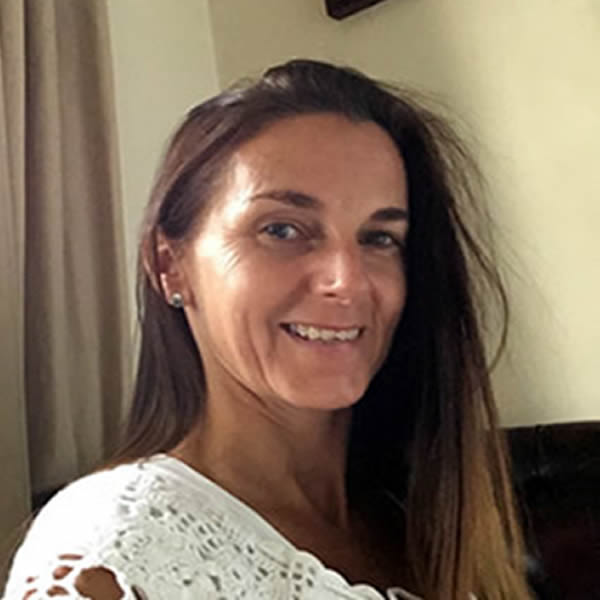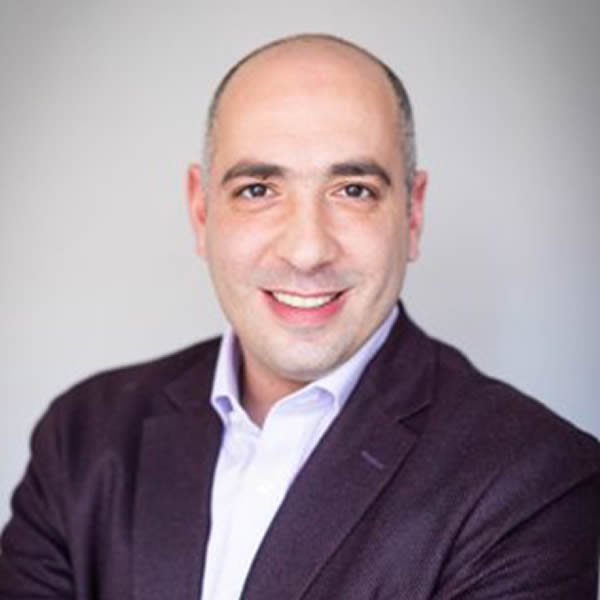Bleeding After Menopause (Post -Menopausal Bleeding)
Post-menopausal bleeding (PMB)
Any time a woman has gone 12 successive months with no period and then bleeds again — no matter how slight or brief — the flow is considered to be a post-menopausal bleeding. Up to 20–30% of menopausal women experience this. While it is far more common to experience post -menopausal bleeding due to shifting hormones, the less likely scenario is that abnormal cells are developing in the uterus. This can be a symptom of a minor abnormality like hyperplasia of the uterus, or of the more severe issue of uterine cancer. More often than not, proper evaluation of post -menopausal bleeding concludes there is nothing to worry about and no further intervention is needed. Post -menopausal bleeding often results from the use of new or different HRT, nutrient deficiencies, drastic weight loss, extreme stress, or emotional trauma. Bleeding after menopause occuring during a particularly stressful or emotional event is often due to an unexpected spurt of hormones.
Apart from reassuring women about their post-menopausal bleedning, the main reason for investigating all cases of PMB is to rule out the possibility of endometrial cancer – cancer of the lining of the womb. A woman is at a higher risk of developing the cancer of the womb, if she is obese, diabetic, or has benn taking tamoxifen, or other oestrogen only containing medication without added progesterone. Also women with polycystic overian syndrome (PCOS), and those with family history of non-polyposis colorectal carcinoma are at higher risk. In contrast, the use of combined oral contraceptives decreases risk.
Common causes of PMB
- Hormonal imbalance
Hormonal change or rebalancing is one of the primary reasons for post -menopausal bleeding. Women changing, adding, or weaning off their HRT may experience unexpected bleeding events. Any woman with a preexisting build-up of tissue inside the uterus may initially experience new spotting after starting any kind of progesterone therapy, including the popular low-dose progesterone creams. This does not mean the cream caused the bleeding, but rather allowed the uterus to shed the build -up that was already there.
- Nutrition and insulin resistance
Nutrients support the cycle of hormonal balance, so if you’ve been deficient in certain nutrients over the years it may manifest at menopause in the guise of physical symptoms — like bleeding. One of the best natural ways for post-menopausal women to support their evolving hormonal balance is to eat healthy diet and add a high-quality daily multivitamin. Optimal nutrition, which includes essential fatty acids and other essential nutrients, is especially relevant for post -menopausal women who are insulin resistant – as in PCOS. Many insulin resistant women tend to be highly oestrogenic, converting any mobilized progesterone into oestrogen. The ratio of oestrogen to progesterone is thrown off-balance, which can lead to a number of symptoms and conditions, including weight gain and unusual bleeding. One thing is for sure, these women see huge improvement when they begin a program of rich nutrition, daily exercise and watch their intake of processed sugar, fats, and simple carbs.
- Weight loss
Post-menopausal bleeding may also occur with a drastic weight loss and reduction in body fat. Dramatic weight loss can occur when women have gastric by -pass surgery or join an weight-reduction program. In this case, oestrogen stored in fat tissue becomes liberated into the bloodstream as a woman loses weight. Bleeding may also occur with weight loss as oestrone (E1, one of three main types of estrogen naturally occurring in the body), which relies largely on fat as its source, is reduced as weight loss occurs, resulting in a shift in the relationship between oestrogen and progesterone.
- Other Gynaecological Causes of PMB
- Use of hormone replacement therapy (HRT).
- Vaginal atrophy.
- Endometrial hyperplasia; simple, complex, and atypical.
- Endometrial carcinoma usually presents as PMB, but 25% occur in premenopausal
- Endometrial polyps or cervical polyps.
- Carcinoma of cervix;
- Ovarian carcinoma, especially oestrogen-producing ovarian tumours.
- Vaginal and vulva carcinoma
Sometimes, non-gynaecological cause such as trauma or a bleeding disorder is responsible for PMB.
Management of PMB
History and examination may possibly indicate cause, but it is generally accepted that postmenopausal bleeding should be treated as malignant, until proved otherwise. Investigations that are often performed inlcude:
Transvaginal Ultrasound Scan
Transvaginal ultrasound scan (TVS) is an appropriate first -line procedure to identify which women with PMB are at higher risk of endometrial cancer. The mean endometrial thickness in postmenopausal women is much thinner than in premenopausal women. Thickening of the endometrium may indicate the presence of an abnormality – in general, the thicker the endometrium, the higher the likelihood of finding an abnormality. The threshold in the UK is 5 mm; a thickness of >5
- gives 7.3% likelihood of endometrial cancer. A thickness of <5 mm has a negative predictive value of 98%. A recent desk research found that a endometrial thickness of 5 mm or less reduced the risk of disease by 84%. Some pathology may be missed and it is recommended that hysteroscopy and biopsy should be performed if clinical suspicion is high.
Endometrial biopsy
The endometrial biopsy is performed using a small sterile pipelle, or straw, that passes through the cervix into the uterus. It allows for a sampling of the inner lining of the uterus and the collection of a small sample of tissue, which is then sent to a lab for evaluation. A definitive diagnosis in postmenopausal bleeding is made by histology. Endometrial biopsy can be performed as either an outpatient procedure, or under general anaesthetic (GA). All methods of sampling the endometrium will miss some cancers.
Hysteroscopy
Hysteroscopy and biopsy (curettage) is the preferred diagnostic technique to detect polyps and other benign lesions. Hysteroscopy may be performed as an outpatient procedure, although some women will require GA. It involves using a camera microscopic device to view the inside of the uterus. At a ‘one stop’ specialist clinic, several investigations are available to complement clinical evaluation, including ultrasound, endometrial sampling techniques and hysteroscopy. Following such assessment, reassurance can be given or further investigations or treatment can be arranged.
Treatment
Where an abnormality is found it needs to be treated and outocme will depend upon the condition and, if malignant, the stage.
Tamoxifen and PMB
Women with breast cancer who take tamoxifen on a long-term basis are at increased risk of endometrial cancer. In view of the increased risk of endometrial cancer associated with tamoxifen therapy, there is a case for heightened vigilance for postmenopausal bleeding. Ultrasonography is poor at differentiating potential cancers from other tamoxifen-induced thickening because of the distorted endometrial architecture associated with long-term use of tamoxifen. Hysteroscopy with biopsy is preferable as the first line of investigation in women taking tamoxifen who experience postmenopausal bleeding.









Leave a Reply
Want to join the discussion?Feel free to contribute!